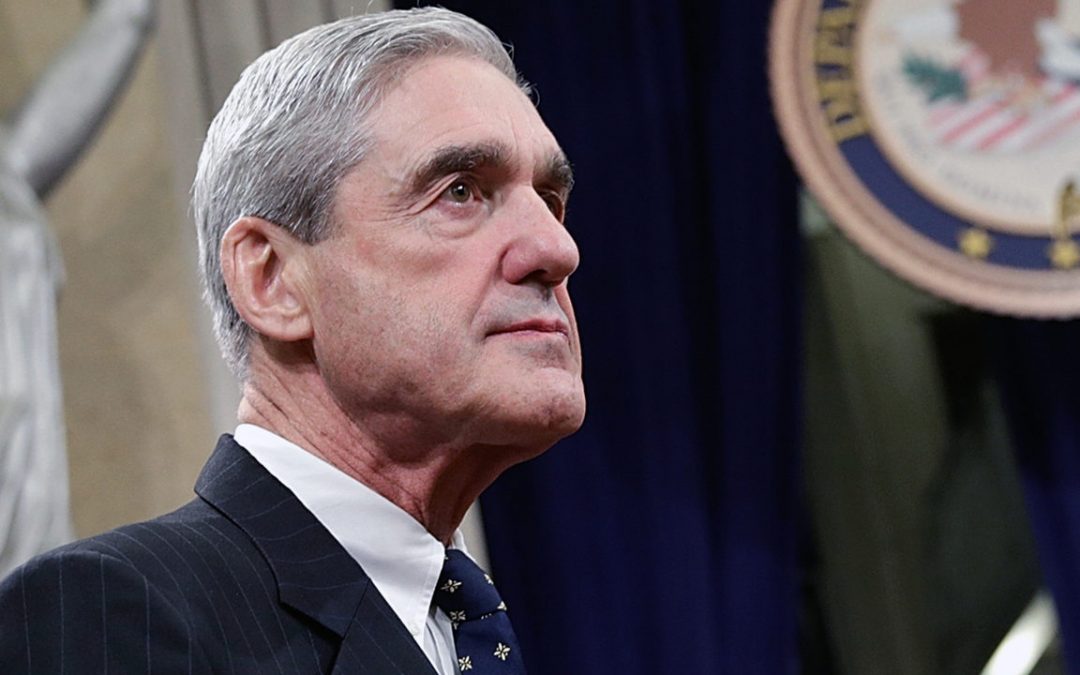The Justice Department, after weeks of tense negotiations, has agreed to provide Congress with key evidence collected by Robert Mueller that House Judiciary Committee members said could shed light on possible obstruction of justice and abuse of power by President Trump, the House Judiciary Committee said today.
The exact scope of the material the Justice Department has agreed to provide was not immediately clear, but the committee signaled that it was a breakthrough after weeks of wrangling over those materials and others that the Judiciary panel demanded under subpoena.
The announcement appeared to provide a rationale for House Democrats’ choice, announced last week, to back away from threats to hold Attorney General William Barr in contempt of Congress.
The House will still proceed tomorrow with a vote to empower the Judiciary Committee to take Barr to court to fully enforce its subpoena, but even that may no longer be necessary, the panel’s leader said.
“We have agreed to allow the department time to demonstrate compliance with this agreement. If the Department proceeds in good faith and we are able to obtain everything that we need, then there will be no need to take further steps,” Representative Jerrold Nadler of New York, the committee chairman, said in a statement. “If important information is held back, then we will have no choice but to enforce our subpoena in court and consider other remedies.”
Nadler said he expected the department to begin sharing some of the material Monday afternoon and that all members of the committee would be able to view it privately.
The agreement appears to have been foreshadowed in an exchange of letters in recent weeks between the committee and the department.
In a May 24 letter outlining a proposed compromise Nadler wrote that he was “prepared to prioritize production of materials that would provide the committee with the most insight into certain incidents when the special counsel found ‘substantial evidence’ of obstruction of justice.”
Those incidences include Trump’s attempts to fire Mueller, the special counsel; his request that Donald McGahn, the former White House counsel, create “a fraudulent record denying that incident;” and Trump’s efforts to get former Attorney General Jeff Sessions to undo his recusal and curtail the scope of the special counsel inquiry.
After weeks of objections, the Justice Department said it found the proposal reasonable and would work with the committee to share the materials in question, but only if the House would back off holding Barr in contempt of Congress for his defiance of the subpoena in question.
Republicans cheered the agreement. Representative Doug Collins of Georgia, the top Republican on the Judiciary Committee, said “today’s good faith provision from the administration further debunks claims that the White House is stonewalling Congress.”
News of the deal also came just hours before the committee convened the first of a series of hearings focused on the findings of Mueller’s obstruction of justice investigation — a much-anticipated session that underscored the Democrats’ dilemma in the wake of Mueller’s report.
Because the Trump administration has blocked relevant witnesses from testifying, today’s session starred John Dean, a former White House counsel who turned against President Richard M. Nixon during the Watergate affair, and former federal prosecutors, who assessed the implications of the special counsel’s findings.
The testimony was limited to the contents of Mueller’s 448-page report already voluntarily made public by Barr.
Nonetheless, Mr. Trump appeared to be fixated on the committee’s efforts.
